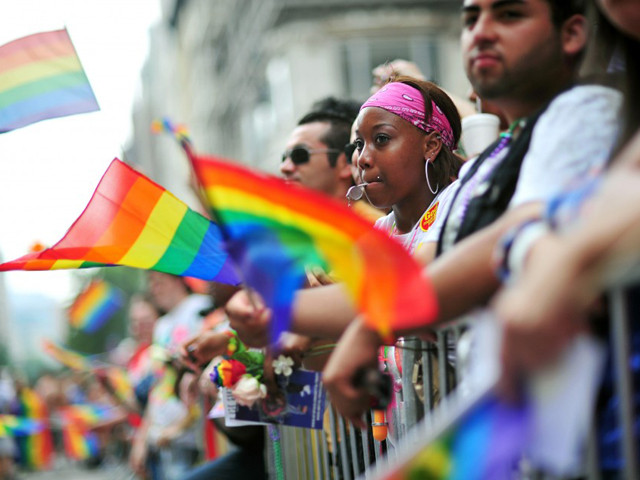In my view, it is disastrous to even think of it at this moment, for the following reasons:
The gay community in the United States (US) achieved their current rights after decades of continuous social, political and legal struggle. Yet even today, several states including the US federal government do not recognise civil union/partnership. Some states permit civil unions but they don’t equalise those to marriage.
According to public wishes, like the federal government, states also have their version of the Defense of Marriage Act (DOMA) to preserve the sanctity of marriage – that is a marital union between a man and a woman. This means that a civil union/partnership entered into one state is not recognized either on the federal level or in states which prohibit such unions. So if a same-sex couple enters into a civil partnership in Washington DC, that union will not be recognised in Ohio.
Keeping the US case in view, we must remember that although there is no official religion in the US, based on the cultural and social sensitivities, the majority of people do not favour gay rights. Gay phobia is still prevalent in US society. Moreover, the conservative groups are actively engaged in lobbying against gay rights. Imagine what would happen in Pakistan, where religious minorities are persecuted, the poor have no access to justice and the situation of women’s rights is dismal.
Will it be appropriate to raise a voice for gay rights?
Until recently, sodomy was a punishable crime in several US states. In 2003 the US Supreme Court in Lawrence v. Texas decriminalised consensual sex between adults of the same gender. There is no Supreme Court ruling yet in terms of giving them equal rights such as a right to marry and having kids.
Gay rights activists claim rights under the 'equal protection' clause of the 14th Amendment of the US Constitution which says:
“…nor shall any state deprive any person of life, liberty, or property, without due process of law; nor deny to any person within its jurisdiction the equal protection of the laws.”
In contrast, Pakistan’s Constitution is Islamic in nature. Given the unanimous consensus in the Muslim world against homosexuality, it is nearly unimaginable in our life time to see any acceptance or tolerance for homosexuality in Pakistan.
On June 17, the United Nations Human Rights Council passed first resolution condemning the discrimination faced by gay people. Such support at an international level will bolster the legal and political struggle by the gay community for equal rights. However, it is important to note that resolutions passed by United Nations General Assembly and its other organs such as the Human Rights Council, are not legally binding on member states as another blogger claimed. Under Chapter IV of the UN Charter which deals with General Assembly, such resolutions are called recommendations. Recommendations are resolutions that only reflect the view of the majority of the world nations.
There is no denying that Pakistan has its own share of bi and homosexual community, but speaking on their behalf for rights sounds quite absurd when longstanding issues like procedural changes to the blasphemy or Hudood Laws are not addressed.
In a situation like this, it is better to prioritise issues.



COMMENTS
Comments are moderated and generally will be posted if they are on-topic and not abusive.
For more information, please see our Comments FAQ